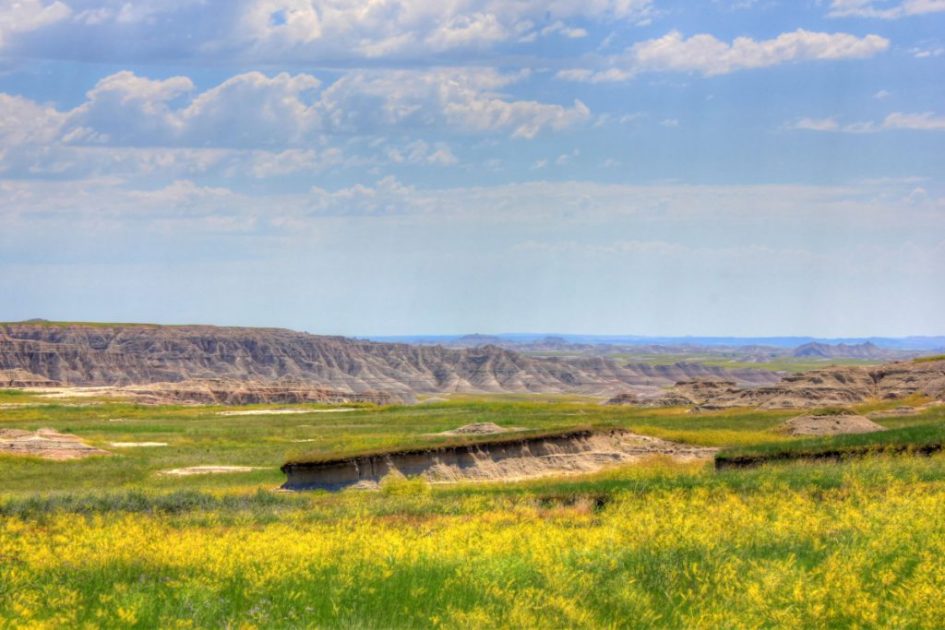Description
**COVID-19 Disclaimer: Due to the on-going uncertainties of the COVID-19 pandemic, any and all aspects of current field plans are subject to change at any time.**
Job Description: We are currently accepting applications for a volunteer position on a project studying the ecology of small mammals (lemmings, voles and shrews) on the coastal plain of the Arctic National Wildlife Refuge (ANWR). The primary objective of this project for 2021 is the development of novel remote monitoring protocols, including the use of game cameras, RFID loggers, and other remote sensing devices. If effective, these protocols will be used in future to collect data on lemming population dynamics and provide insights into the relationships between small mammals, predators, and the breeding success of tundra-nesting birds on the coastal plain of ANWR. In addition to developing remote monitoring protocols, we will also evaluate use of chemical immobilization to reduce stress and efficacy of different fur marking methods.
The volunteer position will begin in early to mid-May with training in Fairbanks, based out of the Arctic National Wildlife Refuge office. Fieldwork will commence in late May/early June and continue through late July. Fieldwork for this position will occur at a remote research camp (https://medium.com/usfws/extreme-bird-nerding-ac3e81f20ab3) in the Arctic National Wildlife Refuge (ANWR) at the Canning River Delta (https://www.facebook.com/arcticnationalwildliferefuge/videos/canning-river-bird-camp/553735712101186). This region offers amazing arctic wildlife viewing opportunities (such as this video shot from camp https://www.facebook.com/arcticnationalwildliferefuge/videos/vb.138283512868883/463000250397206) and birding (https://ebird.org/hotspot/L1619148).
Fieldwork will involve setup and maintenance of a remote camp; locating small mammal trapping site locations, setting up grids of Sherman traps, deploying remote monitoring equipment, checking traps, and marking captured small mammals. Data will be collected electronically with ArcGIS Survey 123. The volunteer will primarily work with a biologist on the small mammal project, but will also regularly assist with other work at the Canning River camp, including avian, arctic fox, botany, or outreach (https://www.arcticbirdfest.com/) projects.
After the field season, there will likely be opportunities to continue working through September to assist with stowing field equipment and data organization, again based out of the Arctic National Wildlife Refuge office in Fairbanks.
Working Conditions: The majority of work for this position will occur at our remote field camp at the Canning River Delta, on the ANWR tundra from late May through late July. There will not be opportunities to take leave during that period. Members of the field team at the Canning Camp typically work 6-7 days/week while in the field. Conditions will generally be cold, windy, and buggy. Access to the site is only by small single engine aircraft or helicopter. Camp life will be remote and primitive (tents only, bucket toilet). During periods of bad weather, staff can be cut off from any outside help for several days. Field assistants will be required to carry firearms in the field for bear protection. Excellent physical condition is necessary to meet the strenuous demands. Crews will be exposed to long days hiking (up to 15+ miles per day) in waders over uneven tundra and wetlands carrying a heavy backpack; wading through icy ponds; cold, wet, windy weather (daytime highs in early June are generally around freezing and winds usually a constant 15-25 mph); and LOTS of mosquitoes. If being wet, cold, and uncomfortable; sleeping in a small backpacking tent; working with the same people for 2 months; and walking in damp waders for 8+ hours a day sounds miserable, you will not enjoy this job! If working in this remote wilderness area sounds like an exciting challenge – consider applying!
Candidates should have a strong interest in small mammals and Arctic ecology, a desire to live in a remote field camp of 6-8 people mostly cut off from the outside world, and the ability to maintain a positive attitude working in a very isolated setting with a small group under difficult field conditions.
Requirements
Eligibility:
- US Citizen or in possession of applicable work visa.
- Available early or mid-May to late July.
- Ability (physically, mentally, and legally) to carry and use a firearm for bear protection.
- Willingness and desire to spend 8 weeks at a remote field camp with little contact to the outside world.
- Willingness, physical ability, and desire to hike in waders over uneven terrain carrying a 30 lb pack for 15 miles+ per day, 7 days a week, for 8 weeks.
- Willingness and ability to adhere to strict health and safety guidelines during the COVID-19 pandemic.
- Willingness and ability to conduct small mammal marking procedures, such as injecting PIT tags and clipping fur.
Desired Qualifications:
- An interest small mammals and remote monitoring techniques
- Experience live-capturing small mammals (Sherman traps or others)
- Experience marking small mammals, including injecting PIT tags
- Experience with using game cameras for monitoring wildlife
- Familiarity with RFID loggers or other RFID technology
- Background in bioinformatics and coding.
- Experience tinkering with electronics (e.g., soldering skills, building Raspberry Pi projects, etc)
- Experience developing, troubleshooting, and using ERSI Survey123 and Collector for data collection.
- Experience working with data in ArcGIS Pro.
- Experience working in the Arctic or other remote areas.
- Experience living and working in remote field camps for extended periods where work conditions are hazardous and there is no immediate access to medical assistance.
Benefits:
- Airfare to/from Fairbanks, and travel to/from field sites will be purchased by the government.
Hiring process:
To apply, please email a cover letter describing your qualifications for the position, resume, unofficial transcript, dates of availability, and three professional references in a single document to Emily Magnuson (eemagnuson@alaska.edu) and Sadie Ulman (sadie_ulman@fws.gov). Please title the application document with your last name_first name (e.g., Smith_John.docx) and title the email, “Small Mammal Volunteer Application”. We encourage interested individuals to send their packet now as applications will be reviewed as they are received and we plan to hire these positions as soon as possible.

